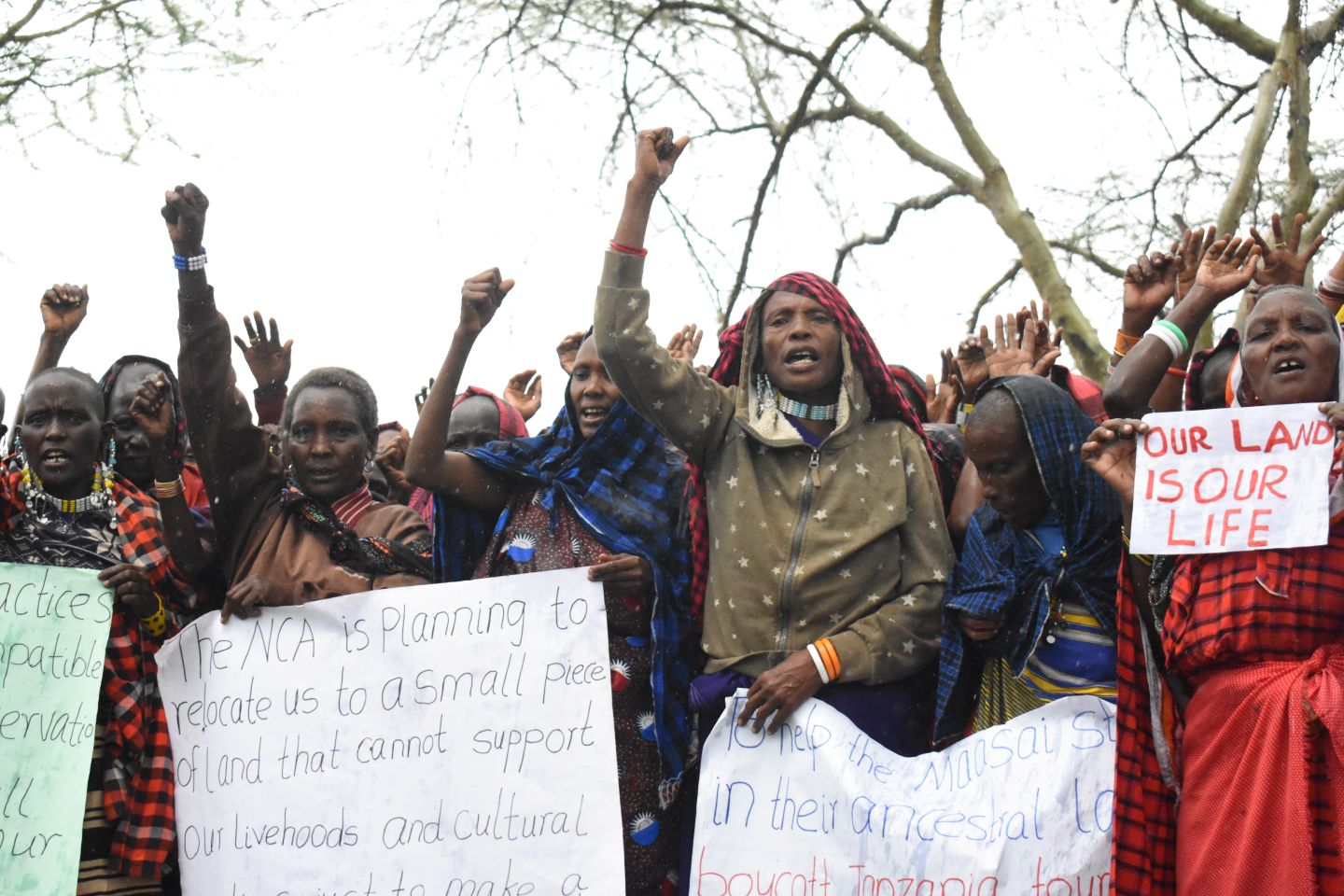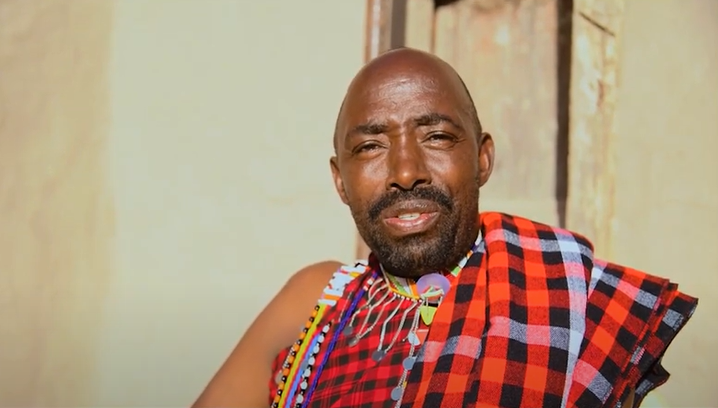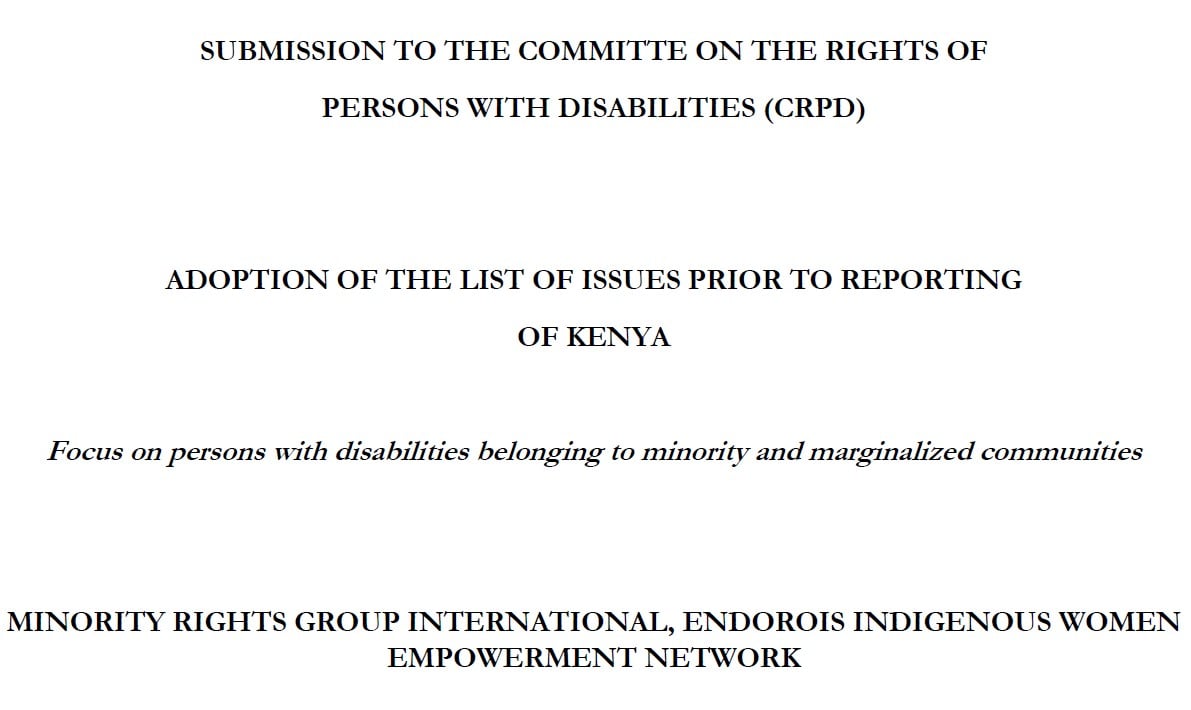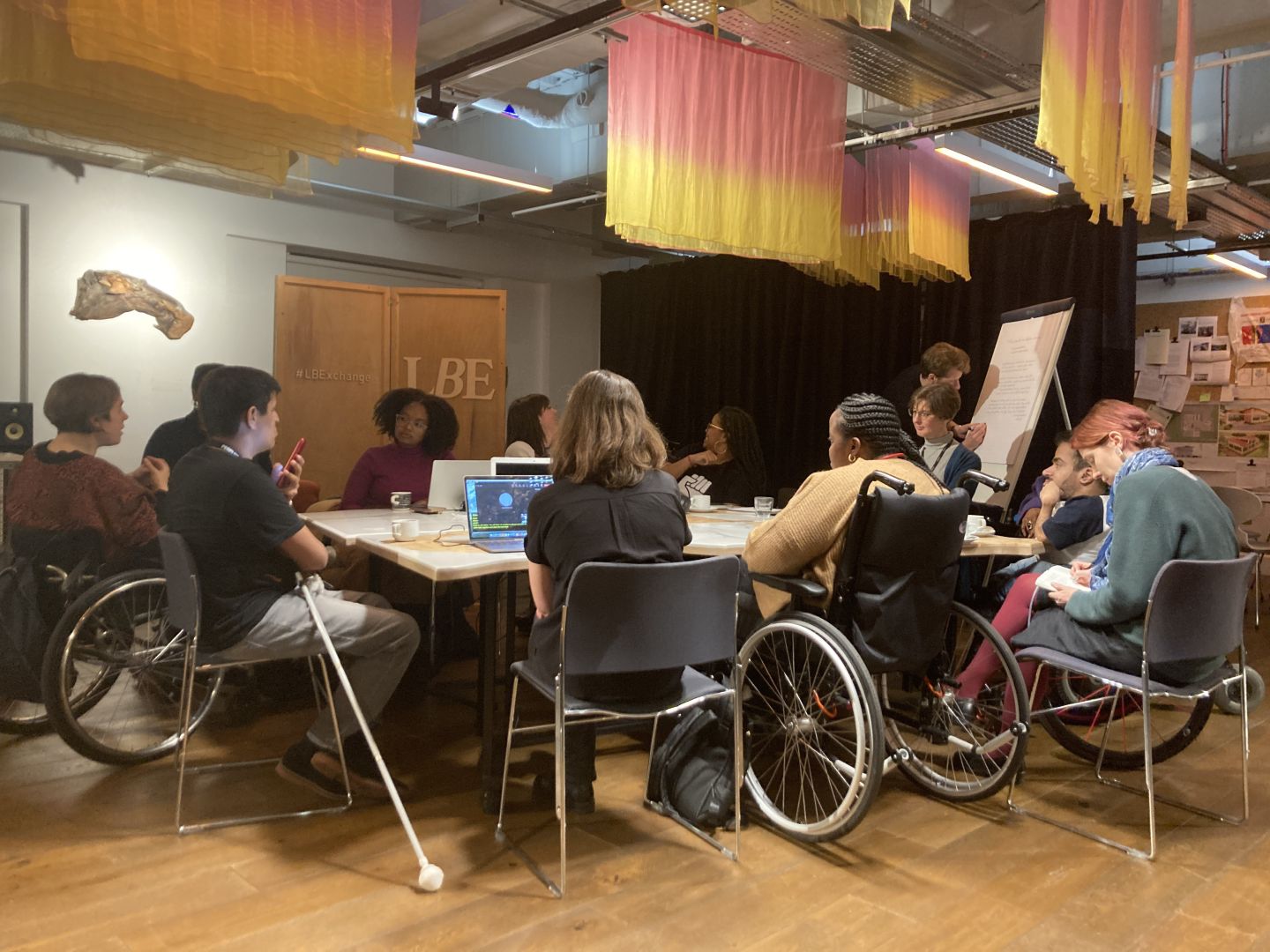
MRG welcomes outcomes of the recent African Commission mission to Tanzania
Minority Rights Group International (MRG) welcomes recent recommendations from the African Commission on Human and Peoples’ Rights (ACHPR), concerning the government of Tanzania’s systematic use of multi-pronged approaches to deny Maasai their rights to their ancestral land in the name of conservation. Years of forced evictions and the destruction of property have recently evolved into a direct attack on the livelihoods of the indigenous Maasai community that amounts to forced displacement.
Following its Promotion Mission, the ACHPR recommends that Tanzania implements several international and regional human rights instruments that would protect Maasai rights; protect human rights defenders; ensure that conservation efforts are conducted with the participation of Maasai; and address the depreciation of essential amenities in the area.
MRG shares the concerns raised by the Mission concerning the eviction of the Maasai community from the Ngorongoro Conservation Area. MRG calls upon the government of Tanzania to cease all measures undertaken to render Maasai ancestral lands uninhabitable by restricting and, in some cases, totally withholding, social and economic amenities key to the very survival of the community, such as emergency medical care.
The government of Tanzania must fully implement the Mission’s recommendations and take urgent steps to ensure that Maasai rights over their ancestrally owned land are enforced. MRG also urges Tanzania to uphold the internationally recognized right of indigenous peoples to free, prior and informed consent, and to allow Maasai to participate fully and equally in government meetings and decisions concerning their ancestral lands.
MRG reiterates that the safeguarding of indigenous peoples’ rights, including their land tenure rights, remains the cornerstone of any sustainable conservation ventures.
Further, MRG is deeply disappointed by the ruling delivered by the East African Court of Justice in September 2022, that Maasai appellants had not been evicted from their ancestral land. This ruling goes against the precedence set by the African Court on Human and Peoples’ Rights in the historic Ogiek ruling of 2017 and its subsequent reparations decision of June 2022. It similarly goes against the recommendation of the ACHPR in the Endorois case.
Both these rulings have set precedence at a regional level on the recognition and protection of the rights of indigenous communities to their ancestral lands, as well as their rights to religious practice, property, culture and the free disposition of natural resources and development. Tanzania should pay attention to this precedence.
The ruling delivered by the East African Court of Justice has been a setback for Maasai and all indigenous peoples across Africa, whose rights are increasingly violated in the name of conservation. More detrimentally still, it has in fact legitimized the human rights violations to which the government of Tanzania continues to subject the Maasai community.
The rights of ethnic minorities and indigenous peoples in Tanzania are continuously undermined because of both weak domestic legislation and the failure of domestic legal mechanisms to protect such rights. Currently, owing to a lack of constitutional protection of land rights, Tanzania does not have the legislative framework needed to meet its obligations under Articles 21 and 22 of the African Charter on Human and Peoples’ Rights, which safeguard the land rights and rights to economic, social and cultural development of all peoples.
—
Photo: Maasai people protest against the evictions from their ancestral lands. Ngorongoro, Tanzania. 10 March 2022. Credit: R. Bociaga/Shutterstock.




